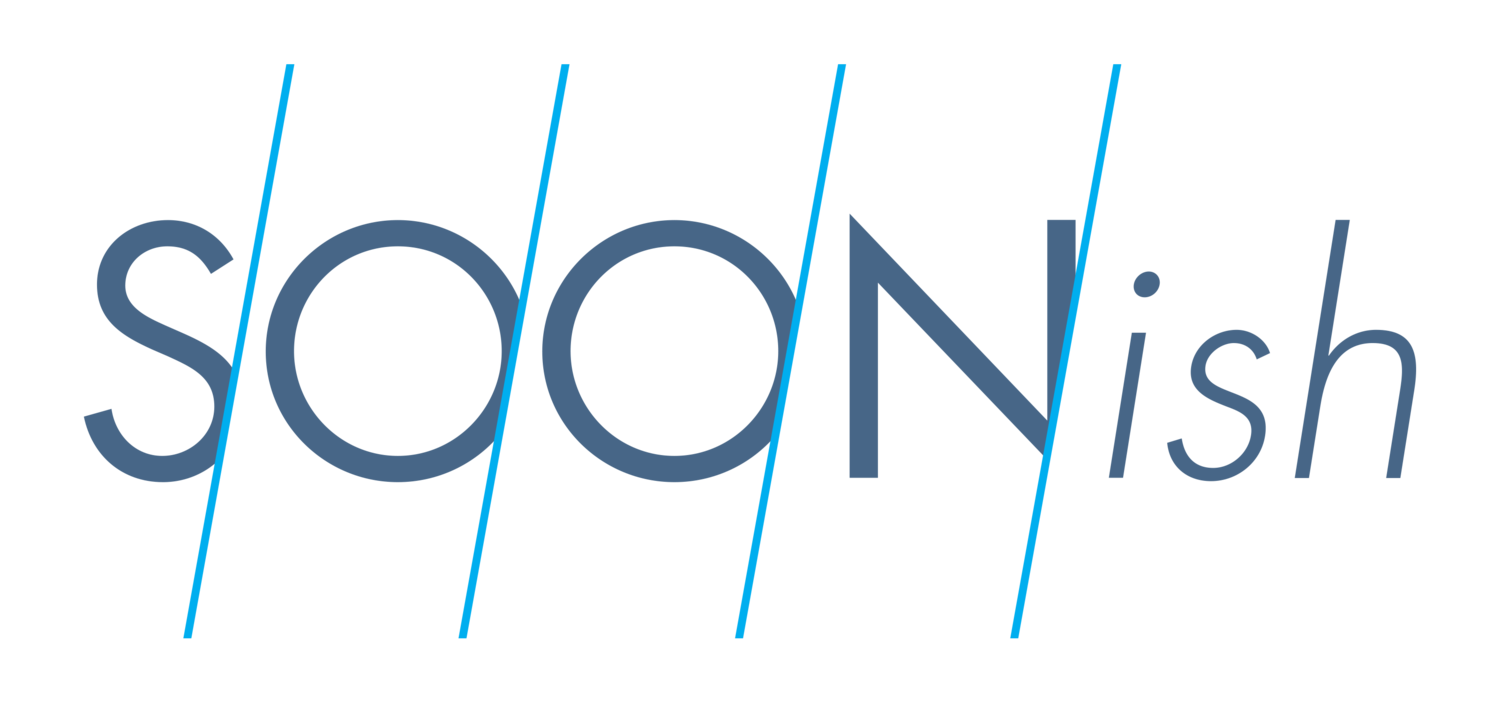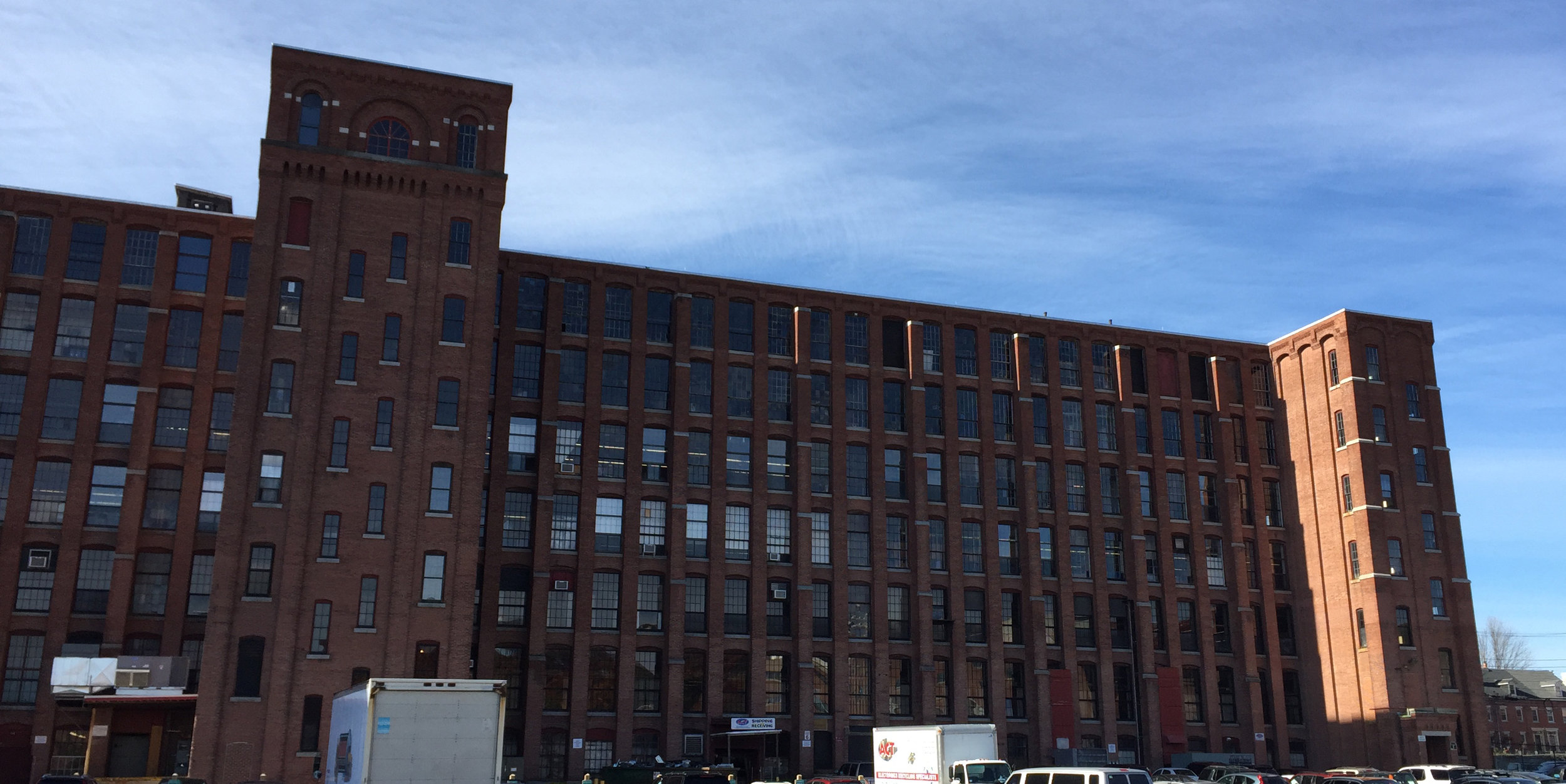1.04 | 02.22.17
Manufacturing jobs aren’t coming back. That’s been the constant refrain of CEOs, economists, and journalists reacting to the loss of old-fashioned assembly line jobs in the U.S. (About 6 million such jobs have disappeared since 2000.)
The assertion typically surfaces as a rebuke to the idea that federal or state governments can stop manufacturers from using overseas labor, or force them to reopen old plants in the U.S. or build new ones that provide just as many jobs. Thanks to the twin forces of globalization and automation—or so this form of economic realism goes—it will always be cheaper to make things using robots or low-wage workers in other countries, and that’s that.
Mark Hatch, former CEO of TechShop and author of The Maker Movement Manifesto. Photo by Kevin Krejci.
But what if this view is incomplete? What if it doesn’t account for a cultural and technological revolution sweeping the United States—one that promises to redefine manufacturing, make it drastically more accessible, and create a ladder to new kinds of jobs for unskilled, semi-skilled, and skilled workers alike?
That’s the possibility this episode of Soonish explores.
Academics and policy experts have long called for an “advanced manufacturing” revolution in the U.S. that would improve industrial performance by applying new technologies, especially software and robots, to outmoded processes. But jobs aren’t usually part of that discussion. In fact, the default strategy for improving factory productivity—which is usually measured in terms of output per worker—is simply to lower the denominator in the equation by using machines to replace even more workers.
But after reading a lot about this area and talking to experts, I've begun to believe that there’s an alternative future where factories, instead of getting bigger and more automated, get smaller and more worker-centric.
Everett Mills in Lawrence, MA, the former textile mill that's now home to 99Degrees. Photo by Wade Roush.
Several things are happening at once to make that future more likely.
The tools for designing and prototyping new products, from advanced CAD software to 3D printers, are now within the reach of non-experts.
More people have access to the design and production tools mentioned above and are learning how to use them, thanks to the rebirth of the old-fashioned workshop in the form of the modern “maker space.”
Manufacturers are figuring out to take designs from makers and create smaller batches of products economically, allowing greater customization and faster turnaround.
And in the wake of the 2008 economic crisis and Occupy Wall Street, scholars and policy analysts are paying more attention to the causes of economic inequality, and studying how ideas from advanced manufacturing can be used to create and preserve jobs rather than destroying them.
Bill Taylor in his basement workshop in Belmont, MA. Photo by Wade Roush
All of that, put together, means the factories of the future might be in our basements and garages. In the era of “mass customization,” even a large factory might only have dozens of employees, not thousands—but if their customized and/or artisanal products can command premium prices, there might be enough of these specialized factories to make up the difference. And that might provide an economic ladder for skilled laborers who, 20 or 30 years ago, would have had assembly line jobs.
Those are all pretty abstract propositions, but in this episode I tried to make them very concrete. I visited TechShop, a maker space where craftspeople are using high-tech tools to come up with new products (see my full interview with TechShop CEO Dan Woods). I talked with a business strategist at the Xerox-owned Palo Alto Research Center, where programmers are inventing design software that can help those craftspeople get their ideas to market faster. I toured a startup in an old Massachusetts mill town where one young entrepreneur is creating a path to skilled high-tech employment for manual garment workers. And I met Bill Taylor, an 88-year-old mechanical genius in Belmont, MA, who has an elaborate workshop in his basement and decades of perspective on the changing manufacturing scene in the U.S.
Join our list for regular news and updates about Soonish, including episode reminders, cool features, and links to bonus content.
See also
Guests
Bill Taylor
Dan Woods, CEO, TechShop
Lawrence Lee, senior director of strategy, Palo Alto Research Center
Mark Hatch, former CEO, TechShop; general partner, Network Society Ventures
Brenna Nan Schneider, founder and CEO, 99Degrees
Resources
Industry on Parade, a syndicated television program produced for the National Association of Manufacturers. The section on Clary Multiplier Corporation comes from Can 3a at the Prelinger Archives.
Make Magazine, DIY projects for makers
Maker Faire, a “festival of invention” with flagship fairs in the Bay Area, Chicago, and New York
TechShop, a community providing access to instruction, tools, software, and space, with U.S. locations in Chandler, AZ; San Francisco, CA; San Jose, CA; Redwood City, CA; Detroit, MI; St. Louis, MO; Pittsburgh, PA; Austin, TX; and Arlington, VA.
Design and Digital Manufacturing, a focus area at the Palo Alto Research Center
Inclusive Innovation Challenge from the MIT Initiative on the Digital Economy. 99Degrees won the IIC 2016 grand prize in the “Humans + Machines” category.
Playlist
Soonish theme by Graham Gordon Ramsay
Ad music: Why from the album Music on Fire by Tony Infuriato
All additional music by Lee Rosevere:
Curiosity from the album Music for Podcasts
Under Suspicion from the album Music for Podcasts 2
Penguins on Parade from the album Music for Podcasts 3
Making a Change from the album Music for Podcasts 3
And So Then from the album Music for Podcasts 3
Old Regrets from the album Music for Podcasts 3
In a Moment from the album Music for Podcasts 2
Special Thanks
Mark Pelofsky gave me valuable editing notes on this episode. Alice Flaherty introduced me to Bill Taylor. Michael Fitzgerald helped me think through some of the story angles around 99 Degrees. I am privileged to be engaged in a longstanding, recurring conversation with Victor McElheny about American manufacturing, the future of work, and many other technology-and-culture subjects. On inequality and the future of work, coverage by David Rotman at MIT Technology Review has been a great inspiration and guide. Much wonderful interview material from Kathy Giori and Paul Spinrad ended up on the proverbial cutting room floor, but will appear in future episodes. The welder photo in the show art was shared by JonKline on Pixabay.
Our Sponsor
Support for the first two seasons of Soonish came from Kent Rasmussen Winery. Since 1986, Rasmussen has been famous for their purely poetic Pinot Noir, grown in the cool mists of the Carneros region of Napa Valley. And under the companion Ramsay label they offer superior-quality North Coast Pinot Noir, Merlot, Petite Sirah, Cabernet Sauvignon, and Chardonnay at a wonderful price. Ask for Rasmussen and Ramsay wines at fine restaurants and stores in 29 states. For more information, visit kentrasmussenwinery.com.






